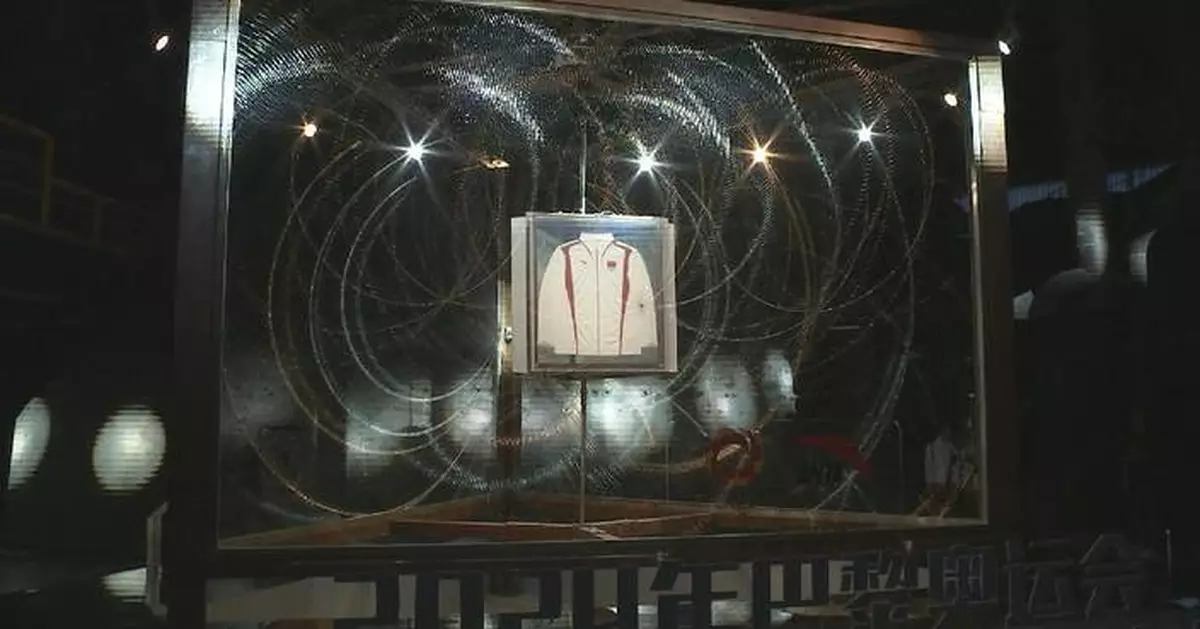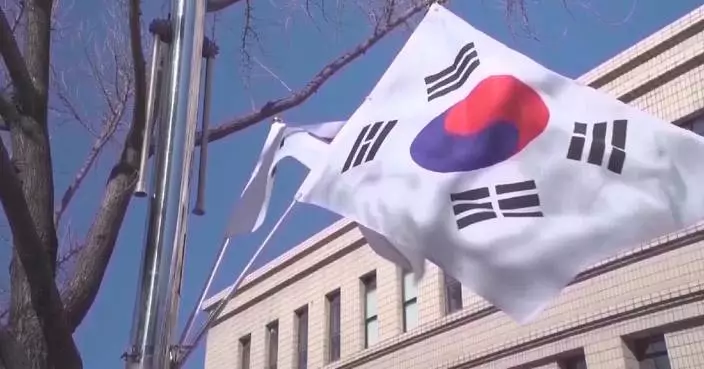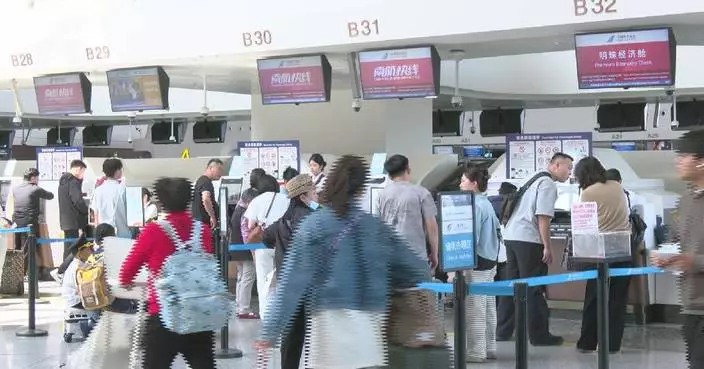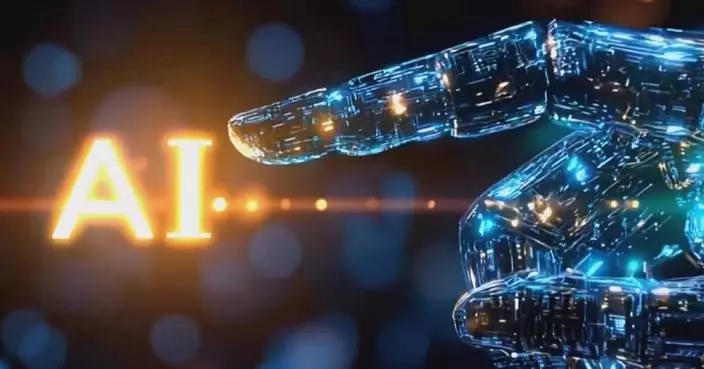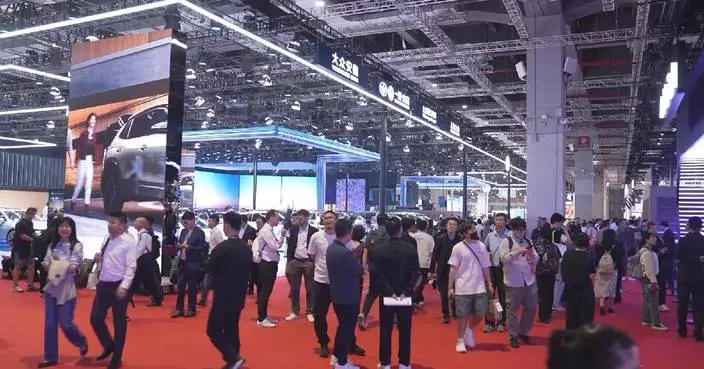China on Tuesday unveiled the new podium uniforms that the country's athletes and para-athletes will wear while receiving medals at the Paris 2024 Olympics.
Chinese sportswear brand Anta created the gear, which, as in previous editions, will be called "Champion Dragon Clothes".
Boxer Li Qian, who claimed bronze in Rio and silver in Tokyo, said that she looks forward to seeking another medal and receiving it while clothed in the sleek red and white uniform.
"It happens to be the Year of the Dragon this year, so I think this is auspicious for us Chinese. The dragon uniform for the Olympics has special qualities and significance for each athlete, and I hope to wear it standing on the top step of the podium in Paris," said Li.
Anta's chief marketing officer Zhu Chenye said the design combines China's dragon culture with eco-friendly clothing technology.
"When our young athletes wear these technologically advanced and culturally meaningful uniforms, they should feel full of self-confidence. We hope the uniforms can help our athletes reach the podium repeatedly, allowing our national anthem to be played and our national flag to be raised again and again," said Zhu.
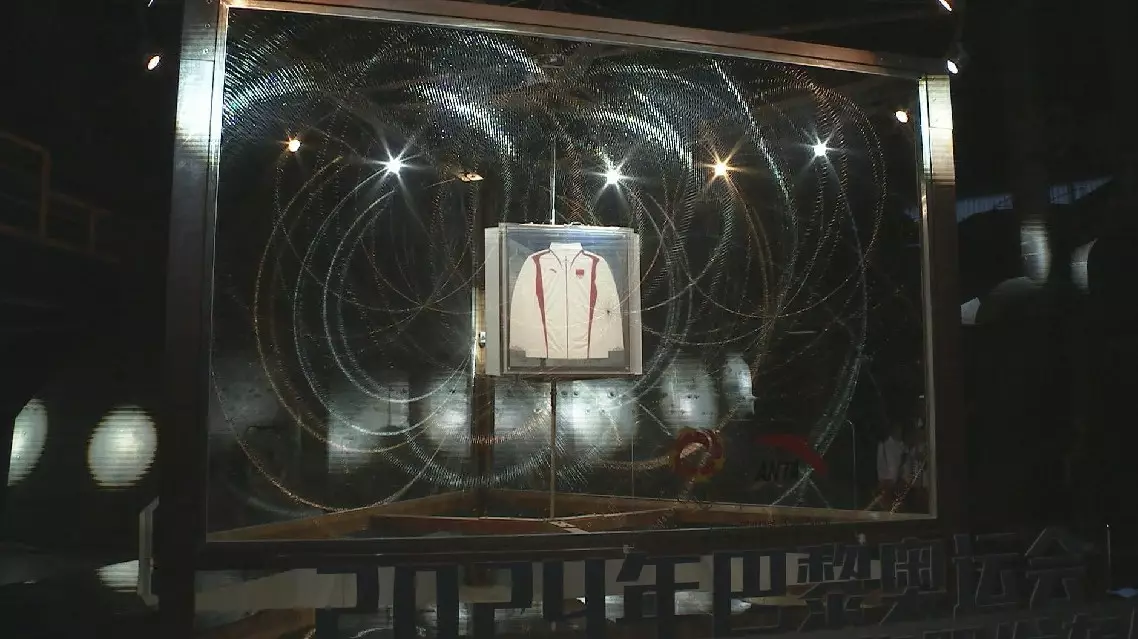
China unveils Olympic podium uniforms for Paris 2024
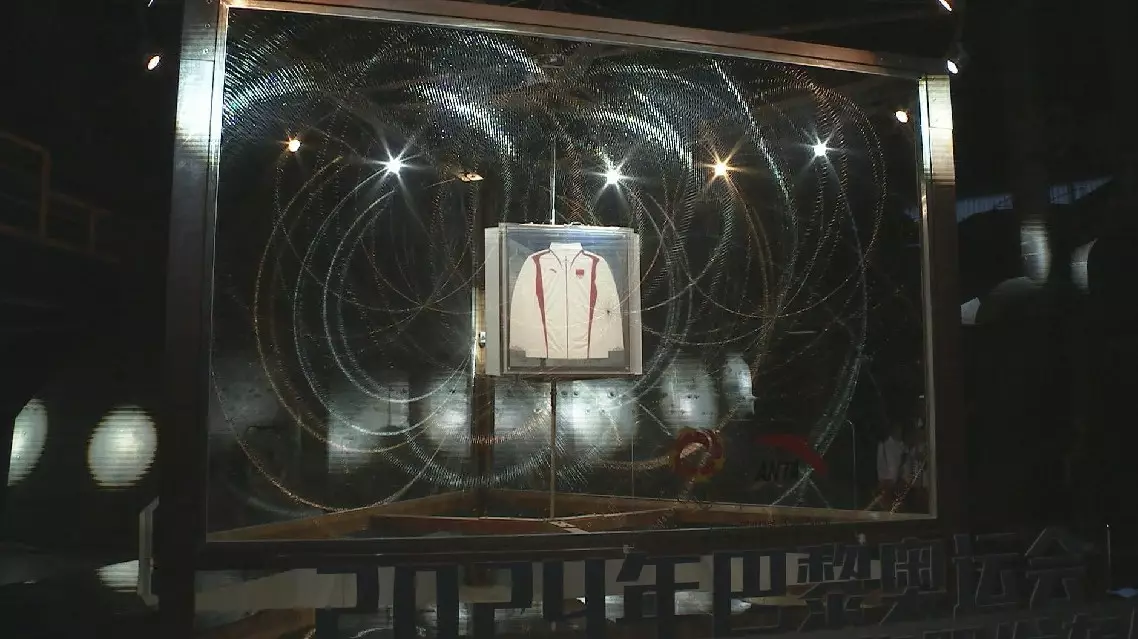
China unveils Olympic podium uniforms for Paris 2024
Life science experiments conducted onboard China's Tiangong space station will not only help experts to better protect the health of astronauts, but also provide vital new ideas for human disease treatment back on Earth, a Chinese researcher said in Beijing on Wednesday.
Pei Weiwei, an associate researcher at the State Key Laboratory of Radiation Medicine and Protection of Soochow University, was speaking after a special handover ceremony was held where scientists received the samples brought back by the Shenzhou-19 space mission, which landed earlier that day.
The mission's three crew members touched down safely at the Dongfeng landing site in north China's Inner Mongolia Autonomous Region around Wednesday lunchtime, after their return had been postponed by a day due to unfavorable weather conditions on the ground.
During their six-month stay in space, Shenzhou-19 mission commander Cai Xuzhe, alongside young astronauts Song Lingdong and Wang Haoze, who is also China's first female space engineer, carried out an extensive series of scientific experiments and medical tests to assess the impact of space travel on human health and on other living organisms.
The returned samples include bone cells, human induced pluripotent stem cells and human bronchial epithelial cells. Scientists will conduct molecular biology research on these key samples, assessing the effects of the zero-gravity environment on human tissues and the impact of space radiation, according to Pei.
"The carcinogenicity of space radiation has always been a focus of our research, and the epithelial cells of the lungs are the most susceptible to tumors. So we are studying the evolution of lung epithelial cells into tumor cells in space radiation and some of its mechanisms. Based on this data, we aim to establish a space radiation risk assessment system suitable for Chinese astronauts. At the same time, we hope to provide some theoretical support for radiation monitoring and a complete radiation protection system," he said.
Pei said that such experiments and related research will not only help protect the health of astronauts, but can also offer new ideas to human health problems back on Earth, such as the diagnosis and treatment of lung cancer. It will also provide a new theoretical basis and experimental support for exploring health problems such as osteoporosis, muscle atrophy and decreased cardiovascular function, he added.
Space life science mainly studies the responses and changes of life activities at all levels from biomolecules to organisms under conditions such as microgravity, space radiation, and sub-magnetism, as well as their combined conditions, and explores the deep mechanisms of life phenomena.
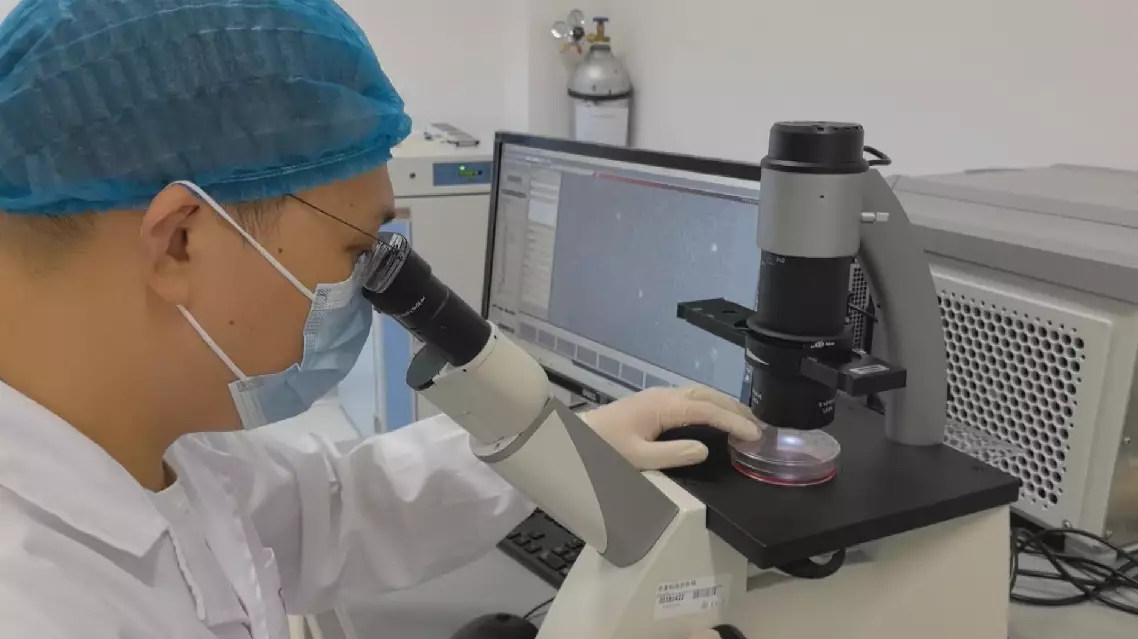
Space experiments can offer new approaches to tackling human health issues: expert




